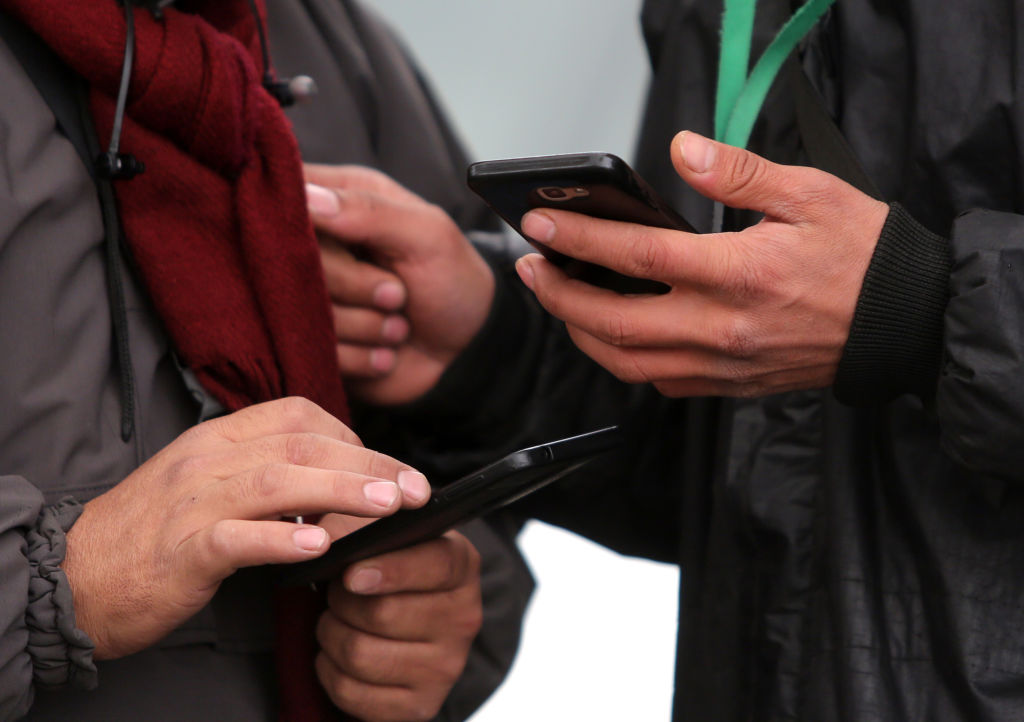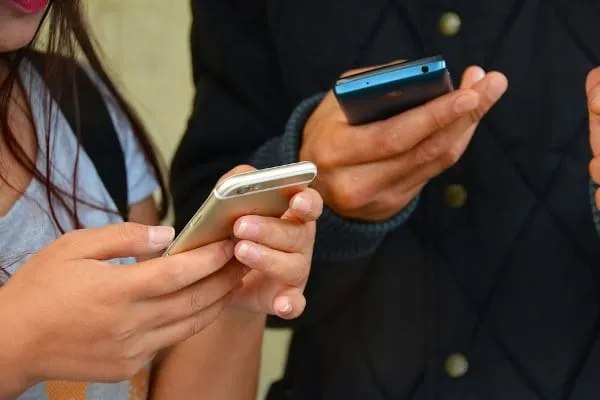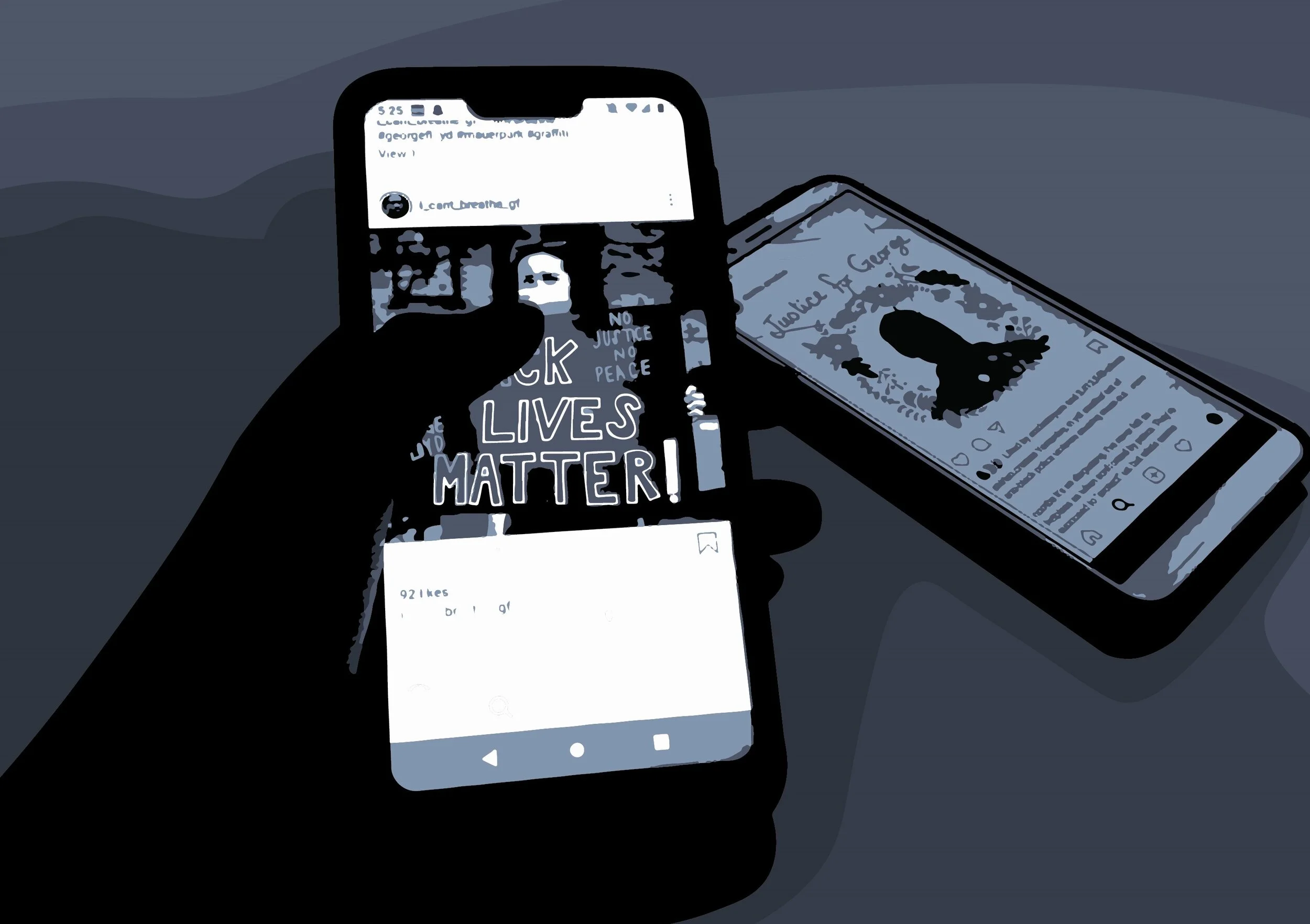The urban dictionary defines an armchair activist as someone who acts as an activist, but from a metaphorical armchair (in the comfort of their home) — i.e., from a mostly or totally inactive, theoretical position. To make it crystal clear, armchair activism is synonymous with Gen-Z activism.
Admit it, don’t we all like to sit in the comfort of our homes and cast stones at other people on social media to make ourselves feel like the ‘better human? But as Barack Obama very aptly put-
“If all you’re doing is casting stones, you’re probably not gonna get that far”
That is not to say that armchair activism hasn’t succeeded in bringing about any sort of change; it has and the ‘#metoo’ movement is a case in point. To those of you who have been living under a rock, the #metoo movement was born on social media platforms as a call-out strategy for women and men who have been sexually assaulted at any time in their life but could not speak up due to several societal factors.

Any person with an internet connection could take to social media and call their offenders out, starting a chain of taking accountability for many sexual offenders, which included insanely famous (and now infamous) celebrities as well.
But what about those people who do not have the privilege of having access to social media or even an internet connection? Let’s not forget that the bulk of the Indian population accommodates these people. While the movement might have worked wonders in the West and particularly the United States, those who benefited in India were majorly privileged and successful female celebrities, some of whom might have even misused this platform for personal gains.

Nevertheless, that’s a whole other debate. Point being, this is where armchair activism draws a big fat line, even in instances where it brings actual physical transformation in the social climate, the accessibility of it stays restricted to already privileged few; which to be clear isn’t entirely wrong because, albeit only a few, people do buck up and fight for justice and sometimes might even receive it BUT at the end of this kind of activism does not so much so help the cause of equity, something which is the building block of all kinds of activism.
Slacktivism has given birth to significant yet somehow problematic fads like ‘The Cancel Culture’ & ‘The call out culture’, while there are multiple arguments that endorse both these fads, the truth of the matter is that solely ‘canceling’ others or calling them out for something they did or didn’t do will never uproot the problem as a whole. If we get on to ‘canceling’ people or keep attacking them for doing things differently or subjectively ‘wrong’ then the whole world will turn on each other creating an even bigger issue- Social media wars (or in some rare cases, physical full-fledged wars as well).

We have already experienced the power of hatred and indifference during the colonization era, the two world wars, the partition of India; and we see it every single day in casual racism, sexism, hate crimes, casteism, revenge pornography, and whatnot. Do we really need another reason to hate on each other? I guess not.
However, make no mistake, an aggressive approach towards these trends will only add to their cause. Compassion and understanding, as hard as they may be to have sometimes, have prevented more wars than mutual ceasefires have.

If the pandemic has taught us something apart from the importance and fragility of the life of loved ones, it is that armchair activism may not make much of a difference in many cases but there is no denying the fact that it does make some difference doesn’t matter how diminutive it may be; in the form of collecting donations for charities online, disseminating crucial information-as in the location and availability for hospital beds and oxygen cylinders during Covid-19 surges, passing on information to authoritative figure who can take legal actions. All of this was made possible via the clout of armchair activists.
It would be unjustified to say that armchair activism is the only viable option we have, but it still is the bare minimum we could do- not to make ourselves feel superior by pulling others down- but to change things around us for the better.

Real, front-line activism has its own incomparable power and charisma; rebellions are what have revolutionized the world as we know it and the supremacy of frontline activism can never be denied in the face of armchair activism.
Tweeting about the CAA-NRC protests or the Black Lives Matter movement does not give us a moral high ground when we’ve never stepped out of our house into an actual protest and put our lives at stake because we will never be able to assess the gravity of the cause; that being said it doesn’t also mean that we should stop tweeting since it still is the very least we can do.
Also Read: Would Retailers Want To Go Back To Their Stores Post The Pandemic?












